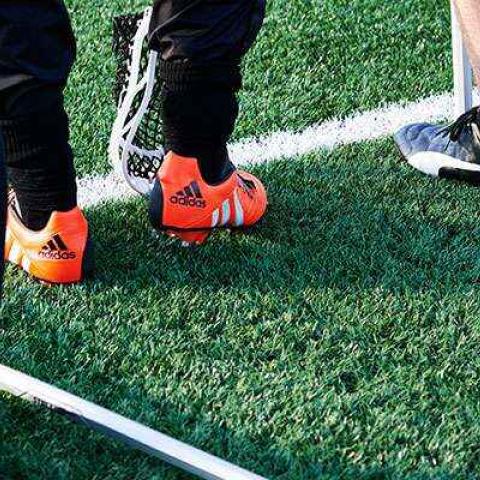

Simulating extreme environmental conditions
Location: Spinnaker Building
Our extreme environments laboratories help us understand, evaluate and enhance people's comfort, performance and survival in extreme environments such as high altitudes, humid jungles and rough seas.
Our researchers, students and partner organisations apply the information they gather using the labs in areas such as sport, product development, emergency rescue, military training, polar exploration, and film and TV production.
We regularly collaborate with external organisations for research and training. Our partners include the Ministry of Defence, the Royal Society for the Prevention of Accidents, the Royal National Lifeboat Institution (RNLI), and Olympic and Paralympic athletes.
In 2013, actors Jake Gyllenhaal and Josh Brolin used our temperature and altitude facilities to acclimatise and prepare for their roles in the 2015 film 'Everest'.
We are aware that this H5P component is not fully accessible. If you would like a copy of this item, please email websupport@port.ac.uk. Please also refer to our Accessibility Statement
Equipment, amenities and tests
Our chamber immersion pool has a temperature range of -20C to 50C (-4F to 122F) with humidity and altitude control — suitable for polar expedition preparation, mountaintop simulation and jungle climate training.
This equipment acts like a treadmill for swimmers and features a temperature range of 4C to 40C (39F to 104F), and underwater observation windows.
This includes a 4.5m³ temperature-controlled immersion pool — capable of underwater weighing (hydrodensitometry), cold water immersion and survival suit testing.
This is a non-invasive laser measurement of participant blood flow
A test that monitors the heart's electrical activity through on-skin electrodes.
Used to measure perspiration and help identify autonomic nervous system conditions.
This test monitors internal core body temperatures.
Used to detect, display and record thermal patterns and temperatures across different surface.
This measures breath particles to understand the effects of exercise on metabolism.
Used to identify lean mass and body fat percentage.
Using oxygen and carbon dioxide measurement to assess breathing ability.
This monitors how blood pressure is affected by different extreme environments.
Contact us
If you're interested in using the extreme environments laboratories for research or testing, please contact EEL@port.ac.uk
Related facilities
Biomechanics Laboratory
Use equipment including force plates, pressure plates and our electromyography system to explore the impact of exercise on the body in this lab, from the limits of human endurance to the effects of chronic health conditions.

Physiology Laboratory
This lab includes treadmills, a swim bench, ergometers and a physiological monitoring kit for analysing athletes' blood, heart rate, and urine.

Where to find us
Extreme Environments Lab
Spinnaker Building
Cambridge Road
Portsmouth
PO1 2ER



